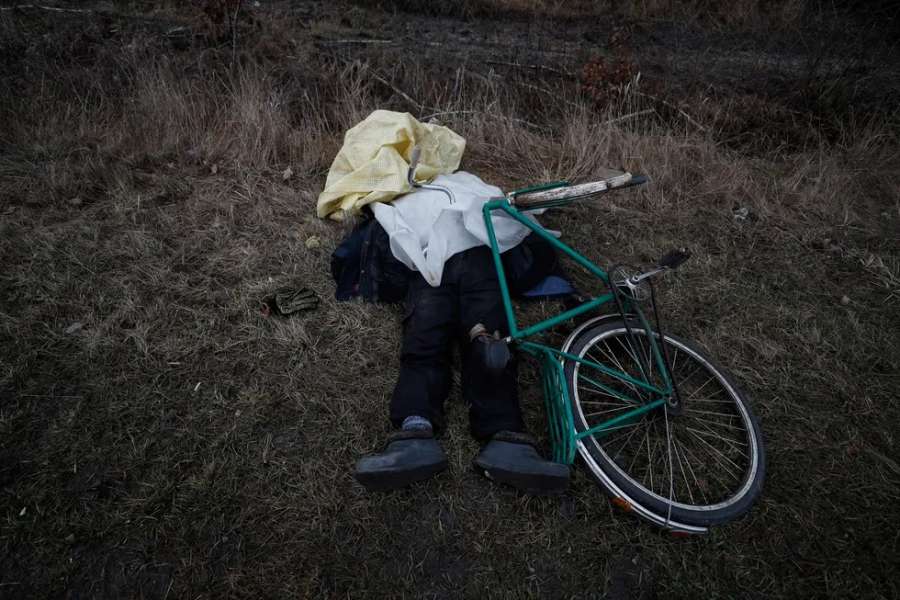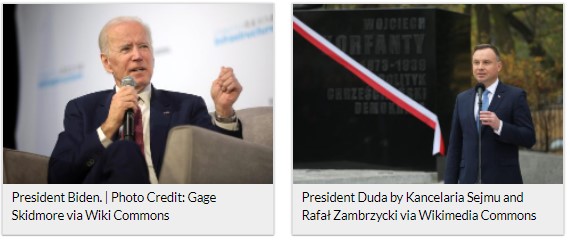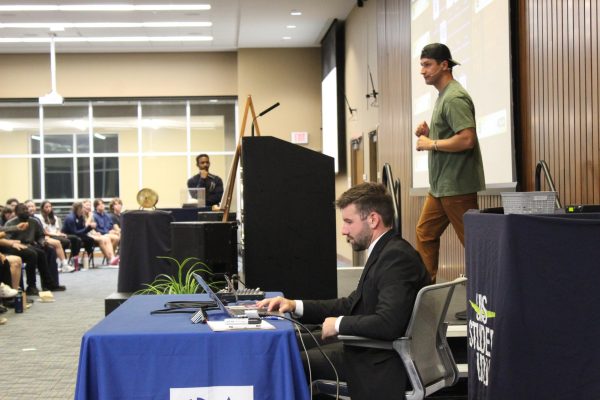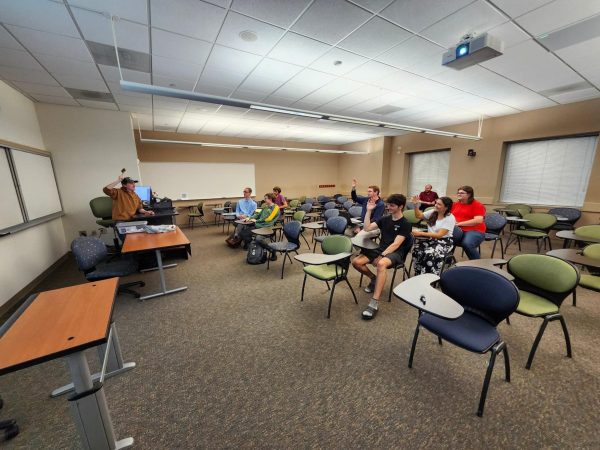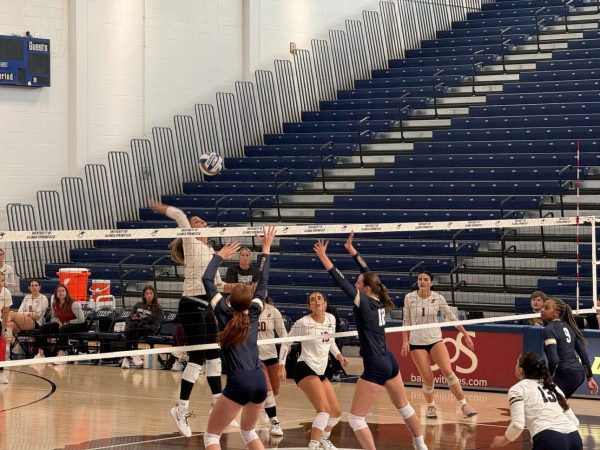Genocide Accusations in Ukraine Explained
Civilian Killed in Bucha. | Photo Credit: Verkhovna Rada of Ukraine, Public domain, via Wikimedia Commons
Editorial Preface: We at The Observer believe it is important that our readers see the truth in the world, no matter how difficult, painful, and awful it may be. In the case of our story about the genocide in Ukraine, we have made the editorial choice to include graphic content so we can tell the true story of what is happening to the Ukrainian people. We understand some of our readers may not wish to see this graphic content, and for some, it may even be a trigger. For this reason, we want to preface this story with a trigger warning of graphic content in honor of the necessity to tell the full story happening in Ukraine.
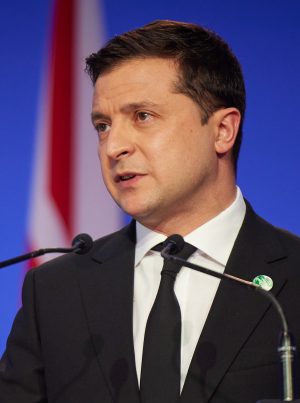
The war in Ukraine has taken a dark turn, as more bodies have been found in the city of Bucha. Nearly 20 bodies were found strewn on a single street in Bucha, some lying with their hands tied behind their backs. Another 300 were found in an alleged mass grave in the city, prompting Ukrainian President Zelensky to accuse Russia of genocide. With Ukrainian officials now calling on the International Criminal Court to investigate Russian crimes, understanding the nature of genocide takes on critical importance.
What Is Genocide?
Genocide is an intense and emotional term. It is often associated with the Holocaust and the Nazis, but its origins as a legal concept are much more extensive, albeit recent. As the Armenian genocide was exposed, legal scholar and eventual activist Raphael Lemkin realized that international law had no criminal proceedings to deal with what Winston Churchill would later call “the crime without a name.” After the Holocaust, Lemkin began to create the first legal definition and name for that despicable act as he advised Justice Robert H. Jackson in his oversight of the Nuremberg trials. Despite the trial, Lemkin felt that the trials failed to prevent future genocides, prompting him to call for a legal definition that would prevent and prosecute genocide.
By 1948, the U.N. Convention on the Prevention and Punishment of the Crime of Genocide officially established genocide as a crime against humanity. Under that convention, genocide is defined as any acts taken with the intent to destroy, in part or whole, any ethnic, national, or religious group.
Under this definition, Russian forces could face charges of genocide for their consistent attacks on civilians as killing members of a given group – even if the number of people killed remains relatively low compared to other genocides, this can constitute a genocidal act. Any efforts to create conditions for a given group that are “calculated to bring about its physical destruction in whole or in part” could also constitute genocide.
It is important to remember that while we may think of genocide in terms of large death counts, the U.N. Convention does not establish that standard. Under current precedent, what matters in determining whether something constitutes genocide is evidence of intent. Under the Rome Statute, which established the international criminal court, the intent is established if the “person means to cause that consequence or is aware that it will occur in the ordinary course of events.” If the person is aware of the consequences of their actions and prosecutors can show that someone acted anyway, they have evidence of intent.
Controversy Over Intent
While intent is generally accepted as a requirement for determining whether genocide has occurred, some scholars have critiqued this idea. In the case of Jorgic v. Germany (2007), the European Court of Human Rights acknowledged that while most scholars accepted a “biological-physical destruction” of a group as the meaning of the intent requirements, some scholars firmly disagreed. These scholars argued that a broader interpretation of intent was necessary. Instead of the narrowly interpreted idea of biological destruction being the deciding factor, these scholars argued that charges of genocide only required the intent to destroy a given group. Under this interpretation, genocide takes on a much broader meaning.
What Does This Mean for Russia and Ukraine?
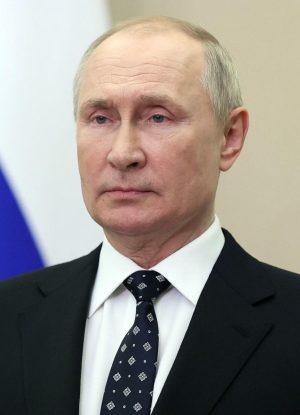
It is difficult to see what these accusations will bring, as it is unclear if the international community will pursue criminal charges against Russian officials, including Putin himself. Even if the Russian Federation willingly allows its troops to be investigated or charged, it will certainly fight tooth and nail to avoid conviction. Already, the Kremlin categorically denies the accusation, pointing to Ukrainian forces as the perpetrators of the many deaths throughout Ukraine.
However, that may prove fruitless, as newly leaked audio recordings by the Ukrainian Security Forces, and obtained by CNN, allegedly show Russian forces bragging about killing and raping civilians. A Russian soldier can be heard talking about civilians driving along the road, asking what they should do. One of the Russian soldiers responds, “Kill them all, for fuck’s sake,” further saying, “if there are civilians, slay them all.” Other comments by Russian troops in that same recording show that Russian troops encouraged leveling villages.
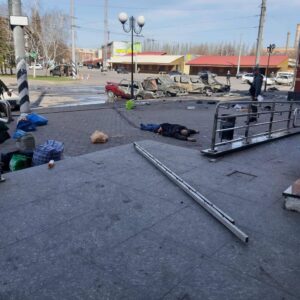
Combined with the discovery of mass graves in Bucha and witness testimony demonstrating Russian forces restrained and executed civilians throughout the city, the evidence for intent becomes increasingly difficult to deny. Not only that, but the recent attack on the Kramatorsk train station, which killed at least 52 people, has also raised questions about whether Russia is attempting to attack refugees. The Huffington Post reported that one of the missiles recovered from the station was labeled with the phrase “for the children,” suggesting that the attack was an act of vengeance.
As of April 12, U.S. President Joe Biden has finally called what is happening in Ukraine a genocide. Prior to this, Biden has called for a war crimes trial and has referred to Russian President Vladimir Putin as a “war criminal,” a statement that enforces his view of Putin’s vicious and inhumane tactics. Other leaders, however, have not been so hesitant. Polish President Andrzej Duda called Russia’s treatment as genocide and said that it was “hard to deny” in an exclusive interview with CNN earlier this month. Duda argued that the Russian denazification efforts, which Putin claims justify the so-called “special operation,” were a false pretext for a genocidal invasion into Ukraine.
While the outrage is almost universal among the international community, whether Russian actions constitute genocide is likely to be a difficult and painful question that will not likely be resolved without additional evidence. Still, with the Russian government’s continued operations in Ukraine and more information from formerly occupied territory coming out every day, that could change soon. However, what remains clear is that the death and destruction in Ukraine are beyond what anyone expected.

